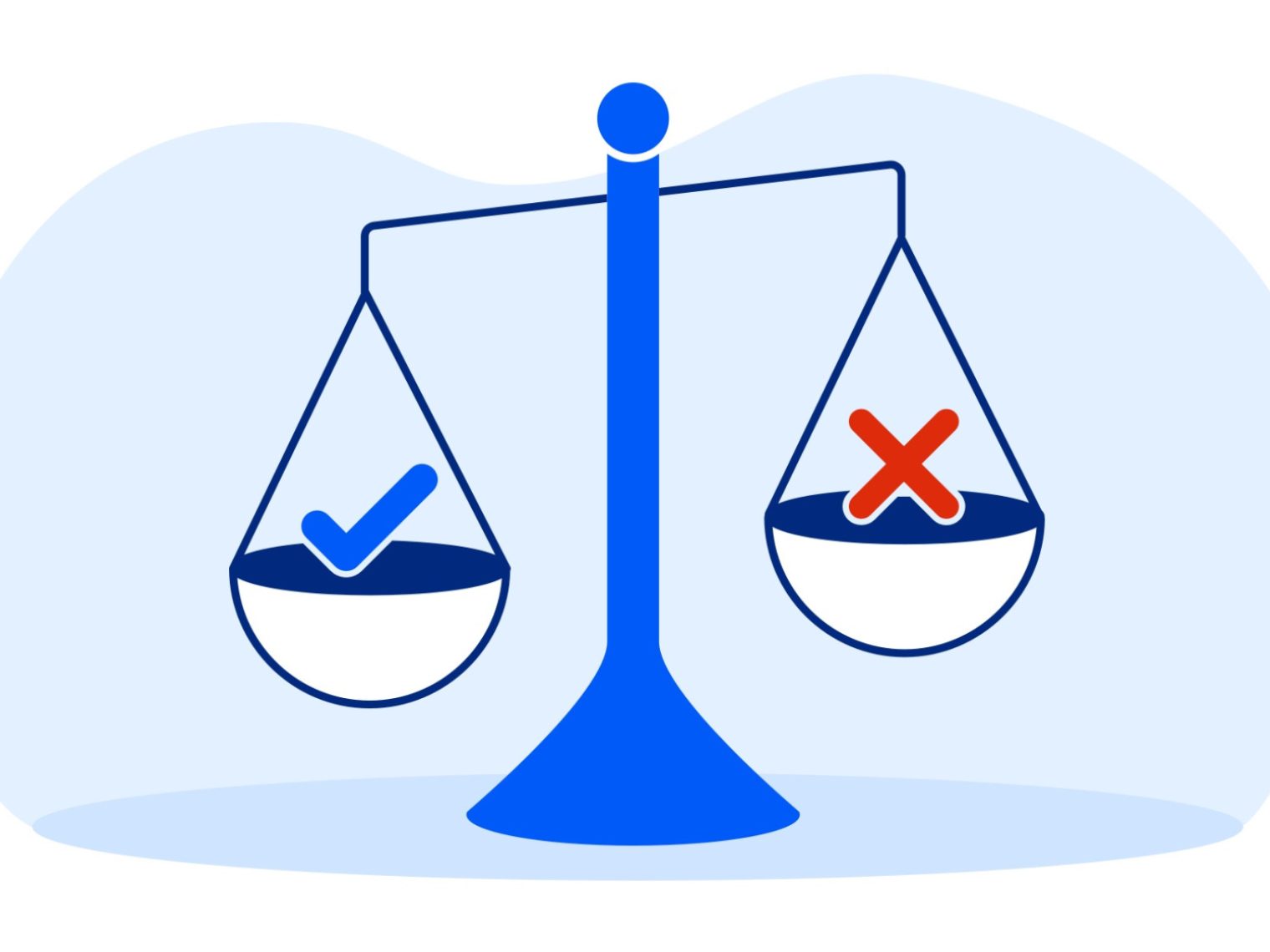With its no-down payment option and flexible-yet-safe standards, the VA loan program is arguably the most powerful on the market. Last year alone, more than 357,000 people utilized this flexible loan and took advantage of the benefits earned by their service.
VA loans are more critical than ever. But there's still a lot of confusion, uncertainty and mythology surrounding this nearly 70-year-old program. That's one reason why we really do love answering questions. It's part of the joy of giving back and helping active military, veterans and military families take advantage of the benefits earned by their service.
Dozens of VA loan questions come to me via VA Loans Insider and my email inbox each week, and I encourage you to keep them coming. This time, though, I wanted to get to some common questions from our tremendous Veterans United Home Loans community on Facebook:
Jonathan W: I don't have the greatest of credit, can I get a VA loan with the credit I have?
Chris: Right now lenders are looking for a score of about 620. The VA doesn't have a credit score requirement (they're looking for a "satisfactory credit risk"), but the VA also doesn't hand out home loans. Instead, it basically insures a portion of them. Lenders generally need a hard cutoff to help hedge risk. If that 620 threshold might pose a problem, I would recommend you contact our crediting consultants. They help Veterans and active duty personnel (for free) build a path toward repairing their credit and getting prepared to prequalify. I’ve heard a lot of success stories from borrowers who were able to boost their score and secure financing. You can reach one of our credit consultants at 888-392-7421.
Anthony L: If your income is high does the credit score really matter?
Chris: In a word, yes. You can't get around a lender's credit score requirement with sizable income, a low debt-to-income ratio or other compensating factors. If your income is, well, really high, you can avoid the credit score issue altogether and purchase a home in cash. There are no scores, no requirements, no underwriters. But it's not a realistic option for most potential homebuyers. Definitely contact one of our credit consultants.
Caressa C: How soon can someone that filed bankruptcy get approved to use their VA loan?
Chris: Generally, it's a two-year wait from the date of discharge. But some borrowers who filed for Chapter 13 bankruptcy protection may be eligible after just one year, provided they haven't missed any payments. But not all VA-approved lenders will extend financing to those buyers.
Erin W: I don't want to have to pay closing costs. How can I get a VA home loan?
Chris: The VA limits what borrowers can pay in closing costs. In most cases the seller will pay most or all of your closing costs, especially in this market. Be sure to let your real estate agent know that you want this to be negotiated as part of the contract. If necessary, you can roll the VA Funding Fee into your loan. A lot of borrowers don't spend a dime on closing day.
Peggy C.: How do you even get started on getting a VA Loan?
You can often get prequalified in minutes. That's the first step, followed by loan preapproval, which gives you a good sense of your purchasing power and the costs associated with the loan. Neither of these is a binding step. You can talk to a Veterans United VA Loan Expert at 855-870-8845 or by filling out this basic form.
Related Posts
-
 VA Renovation Loans for Home ImprovementVA rehab and renovation loans are the VA's answer to an aging housing market in the United States. Here we dive into this unique loan type and the potential downsides accompanying them.
VA Renovation Loans for Home ImprovementVA rehab and renovation loans are the VA's answer to an aging housing market in the United States. Here we dive into this unique loan type and the potential downsides accompanying them. -
 Pros and Cons of VA LoansAs with any mortgage option, VA loans have pros and cons that you should be aware of before making a final decision. So let's take a closer look.
Pros and Cons of VA LoansAs with any mortgage option, VA loans have pros and cons that you should be aware of before making a final decision. So let's take a closer look.
